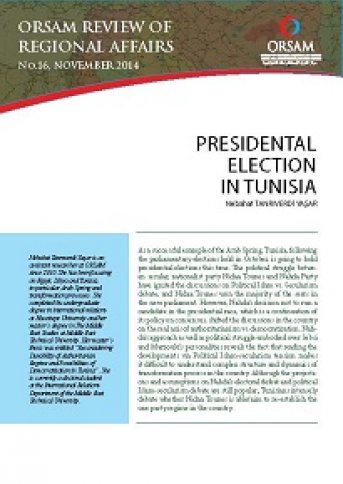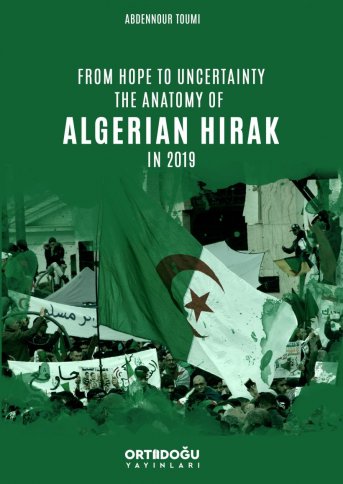
Presidental Election In Tunisia
As a successful example of the Arab Spring, Tunisia, following the parliamentary elections held in October, is going to hold presidential elections this time. The political struggle between secular, nationalist party Nidaa Tounes and Nahda Party have ignited the discussions on Political Islam vs. Secularism debate, and Nidaa Tounes won the majority of the seats in the new parliament. However, Nahda’s decision not to run a candidate in the presidential race, which is a continuation of its policy on consensus, shifted the discussions in the country on the real axis of authoritarianism vs. democratization. Nahda’s approach as well as political struggle embodied over Sebsi and Marzouki’s personalities reveals the fact that reading the developments via Political Islam-secularism tension makes it difficult to understand complex structure and dynamics of transformation process in the country. Although the projections and assumptions on Nahda’s electoral defeat and political Islam-secularism debate are still popular; Tunisians intensely debate whether Nidaa Tounes is able/aim to re- establish the one party regime in the country.






